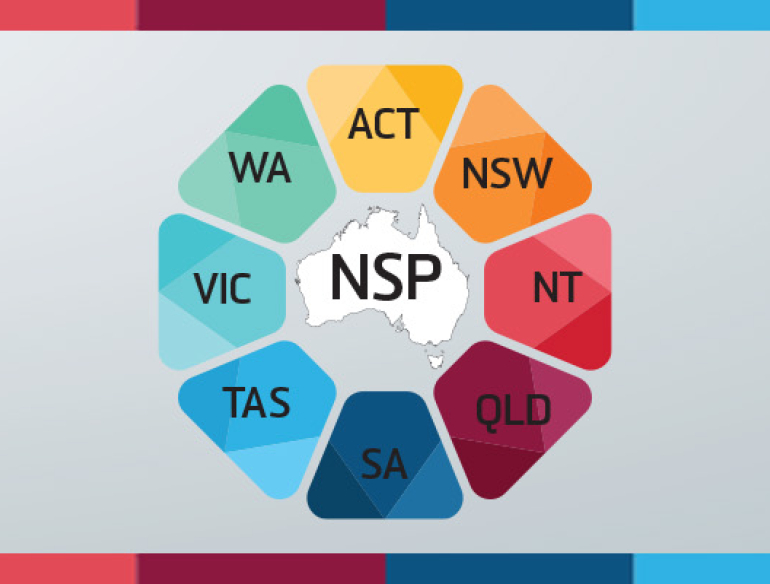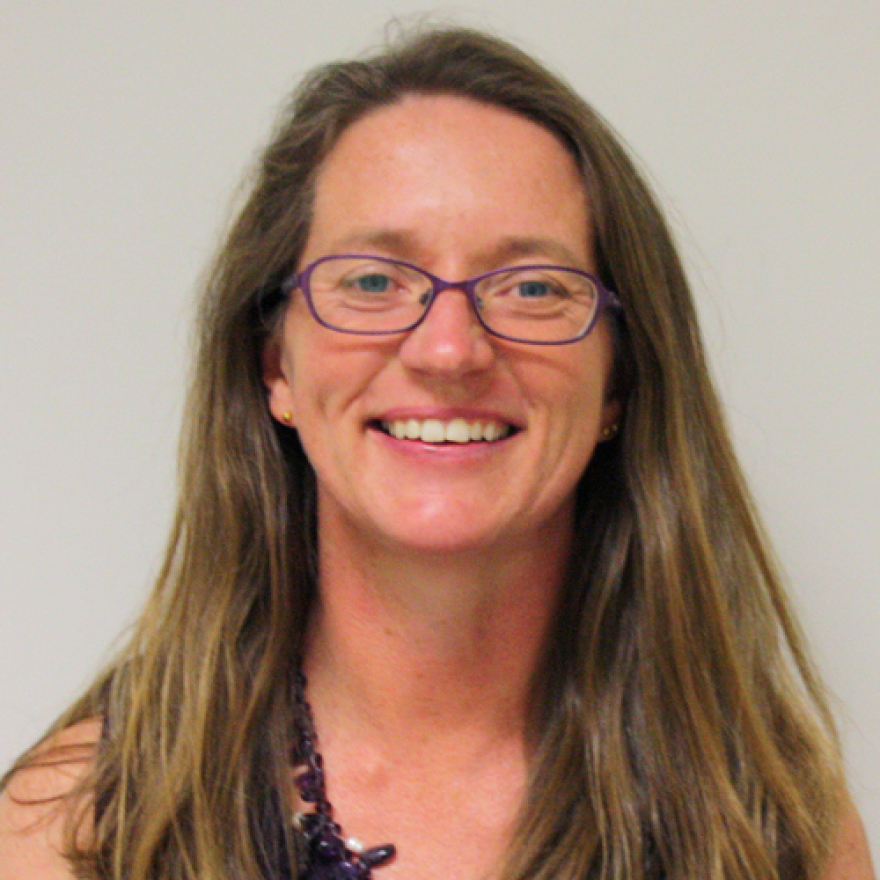- Australia's network of 4,218 NSP services was comprised of 106 primary, 800 secondary and 2,913 pharmacy NSPs in 2020/21. These face-to-face services were supplemented by 399 syringe dispensing machines. In 2021, 189 public sector NSPs in all eight jurisdictions provided public sector programs to facilitate access to take-home naloxone.
- Based on ~2,000 NSP occasions of service (OOS) recorded at primary and secondary NSPs that participated on the snapshot day in 2021, two in five (40%) of NSP OOS involved provision of health education/interventions and one in ten (9%) involved a referral.
- Three in four (72%) NSP attendees were male, two thirds (64%) were aged between 30 and 49 years, young people (aged <25 years) comprised 3% of OOS in 2021 and excluding occasions of service where Indigenous status was not reported, 21% of NSP attendees identified as Aboriginal and/or Torres Strait Islander.
- Stimulants and hallucinogens (predominantly methamphetamine) were the most commonly reported drugs injected on the snapshot day in 2021 (44%), followed by analgesics (heroin, other opioids and opioid substitution therapies, 37%) and anabolic agents and selected hormones (predominantly anabolic steroids, 9%).
- Australian NSPs distributed 50.2 million needles and syringes in 2020/21. These were distributed to an estimated population of 74,327 people who inject drugs (excluding people who inject occasionally). This equates to 675 needles/syringes each per annum, exceeding the UNAIDS definition of high syringe coverage by more than three-fold. Syringe coverage (syringes per injection) remained high at 121% in 2020/21.
The Needle Syringe Program National Minimum Data Collection (NSP NMDC) supports the National Strategies for blood borne and sexually transmissible infections and complements the annual Australian Needle Syringe Program Survey National Data Report.
All eight Australian jurisdictions operate a range of NSP services targeting a variety of drug use and client populations. Despite some variation in levels of completeness and alignment, all jurisdictions provide data incorporating the following three components: NSP service type and location, non-identifiable client occasions of service, and needle syringe distribution.
This is the sixth annual national data report which presents national and state/territory NSP data over the period 2016/17 to 2020/21.

